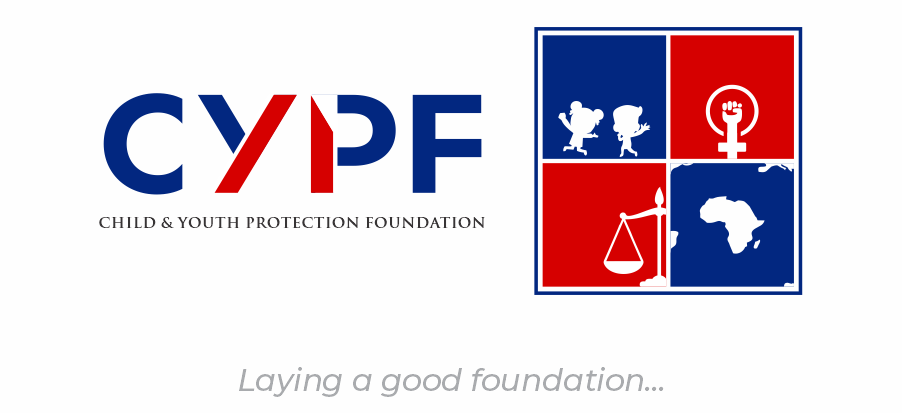Laws play a crucial role in preventing child abuse in Nigeria by providing a legal framework to protect children’s rights and ensure accountability. Here are some key ways in which laws contribute to preventing child abuse:
- Legal Protection for Children
Laws such as the Child Rights Act (2003) and various state child protection laws establish legal safeguards against abuse, exploitation, and neglect. They define child abuse and outline penalties for offenders, ensuring children are protected from harm. - Deterrence of Perpetrators
Strict legal consequences, including imprisonment and fines, discourage individuals from engaging in child abuse. Knowing there are legal repercussions reduces the likelihood of abuse occurring. - Framework for Law Enforcement and Prosecution
Laws empower law enforcement agencies, child protection services, and the judiciary to investigate, prosecute, and penalize offenders. This ensures that cases of child abuse are handled effectively and justice is served. - Protection of Child Victims and Survivors
Legal provisions facilitate the rescue, rehabilitation, and reintegration of child abuse survivors. Laws mandate the establishment of safe shelters, counseling services, and support programs for affected children. - Prevention Through Awareness and Education
Legislation often mandates public awareness campaigns, school-based education programs, and training for parents, teachers, and community leaders to recognize and prevent abuse. - Regulation of Child-Focused Institutions
Laws help regulate schools, orphanages, religious institutions, and other child-centered organizations to prevent environments where abuse might occur. They establish child protection policies that institutions must follow. - Support for Reporting and Intervention Mechanisms
Laws create mechanisms such as child helplines, mandatory reporting systems, and social welfare services that make it easier for cases of abuse to be reported and addressed. - Addressing Harmful Cultural Practices
Many laws, including those against child marriage, child labor, and female genital mutilation (FGM), work to eliminate harmful traditional practices that endanger children’s well-being. - Alignment with International Standards
Nigeria’s child protection laws align with international conventions, such as the United Nations Convention on the Rights of the Child (UNCRC) and the African Charter on the Rights and Welfare of the Child, reinforcing global best practices in child protection. - Strengthening Community and Government Accountability
By legally mandating the involvement of government institutions, civil society organizations, and community stakeholders, laws create a shared responsibility for child protection.
Effective implementation and enforcement of child protection laws are essential to safeguarding children’s rights in Nigeria. Strengthening legal mechanisms, increasing public awareness, and ensuring compliance at all levels will further enhance efforts to prevent child abuse and create a safer environment for every child.


